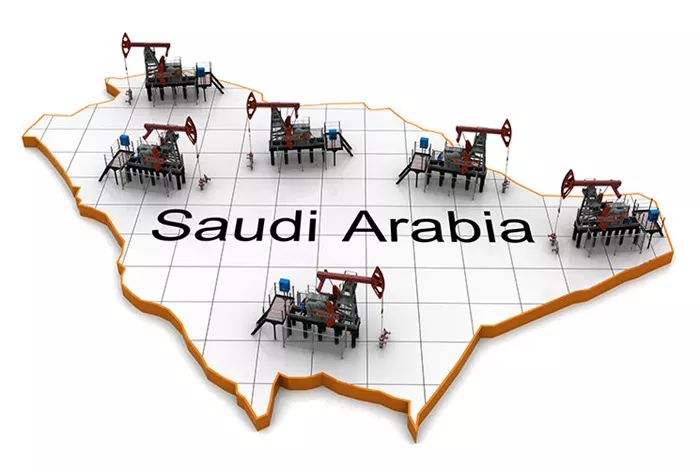Saudi Arabia, long regarded as a linchpin in OPEC‘s oil production policies, faces a pivotal juncture with its ambitious Vision 2030 initiative. Spearheaded by Crown Prince Mohammed bin Salman, this transformative economic agenda aims to reduce the kingdom’s reliance on oil revenues, potentially disrupting OPEC’s delicate equilibrium.
Since the inception of Vision 2030, Saudi Arabia has grappled with substantial fiscal hurdles exacerbated by fluctuating oil prices. With current market rates falling short of the kingdom’s fiscal breakeven point of around $100 per barrel, funding expansive diversification projects has become increasingly complex. The economic strategy includes high-profile endeavors like Neom, a futuristic city expected to cost approximately $1.5 trillion, but which has already faced scaling-back due to budget constraints.
A critical component of Saudi Arabia’s economic diversification plan involves leveraging Aramco, the state oil giant, to finance these monumental projects. However, this dual role places immense pressure on Aramco’s operational efficiency and profitability.
To mitigate the impact of dwindling oil revenues, Saudi Arabia has resorted to international debt, emerging as a significant issuer among emerging markets. This strategy, alongside limited foreign direct investment outside the oil sector, underscores the kingdom’s economic vulnerabilities and has prompted scrutiny of its financial stability.
Despite these challenges, Saudi Arabia remains committed to Vision 2030, bolstering its efforts with initiatives aimed at enhancing oil recovery and integrating carbon capture technologies. The government has also initiated reforms to streamline bureaucratic processes and bolster investor confidence, crucial for attracting the $100 billion annually in foreign direct investment targeted by the kingdom.
However, Saudi Arabia’s pivotal role within OPEC adds another layer of complexity to its economic strategy. As the leading producer within OPEC+, Saudi Arabia often finds itself shouldering the burden of production cuts to stabilize global oil prices. This role is not without cost, as it strains the kingdom’s capacity to balance its economic transformation goals with its obligations to OPEC.
Looking forward, Saudi Arabia faces strategic decisions on how to navigate its dual roles: stabilizing OPEC production while advancing Vision 2030. The kingdom’s ability to manage these competing priorities will likely shape not only its own economic future but also influence global oil dynamics and the trajectory of OPEC in the years to come.
Related topics:

